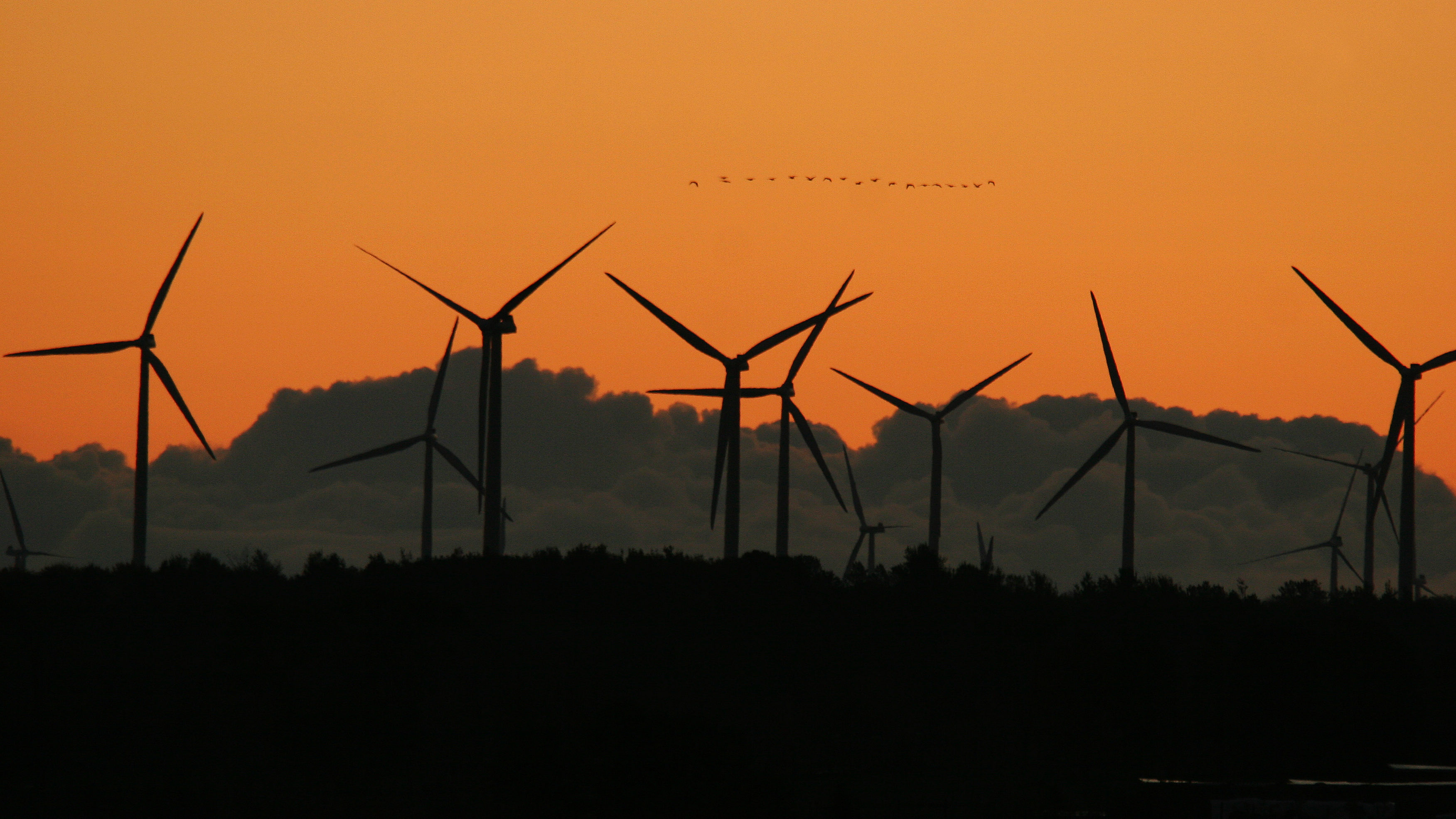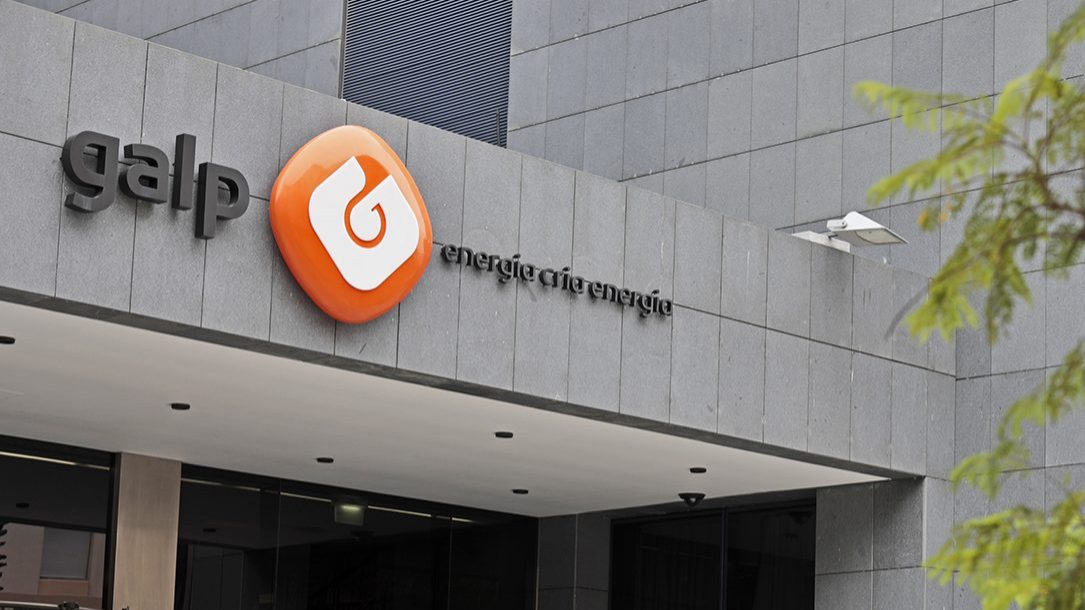Public tender for 263MW in floating solar capacity on seven reservoirs
The auction to install and operate a total of 263 megawatts of photovoltaic capacity in the form of floating solar panels on seven dammed reservoirs across Portugal is taking place on Monday.
The auction of contracts to install and operate a total of 263 megawatts of photovoltaic capacity in the form of floating solar panels on seven dammed reservoirs across Portugal, the deadline for submission of bids for which ended on March 2, is taking place on Monday.
According to the former minister for the Environment and Climate Action, João Matos Fernandes, who has since been replaced in the post by Duarte Cordeiro, there are 12 bidders taking part. According to the schedule sent to Lusa, the bidders are to be notified of the auction results on Tuesday, followed by a review period.
The final results are expected to be published on April 19 on the applications portal and on the website of the Directorate-General of Energy and Geology (DGEG), with bidders to be formally notified on April 27.
The government is auctioning contracts to exploit 263MW of solar capacity on seven reservoirs, of which 100MW is on the Alqueva, Europe’s largest artificial lake, making for the “largest floating solar project in the world” according to the secretary of state for energy, João Galamba.
According to the published documents, in the Tagus hydrographic region, the contract for 50MW of capacity on the Castelo de Bode reservoir is to be auctioned, along with 33MW at Cabril, while in the North region 42MW is being auctioned on the Alto Rabagão, 17MW at Vilar-Tabuaço, 13MW at Paradela and 8MW at Salamonde.
According to Matos Fernandes, who spoke to journalists on the sidelines of the tender presentation, the next round of auctions do not yet have a set date, but the government has said that it should take place at the end of this year.
Matos Fernandes also clarified that under the terms of the tender “production can happen for thirty years” but that the auction contract, with special conditions, was for just 15 years.
“Whoever bids, for fifteen [years] produces electricity under the conditions that result from the auction,” he said. “Then they have the other fifteen years to produce in the normal market regime.”


